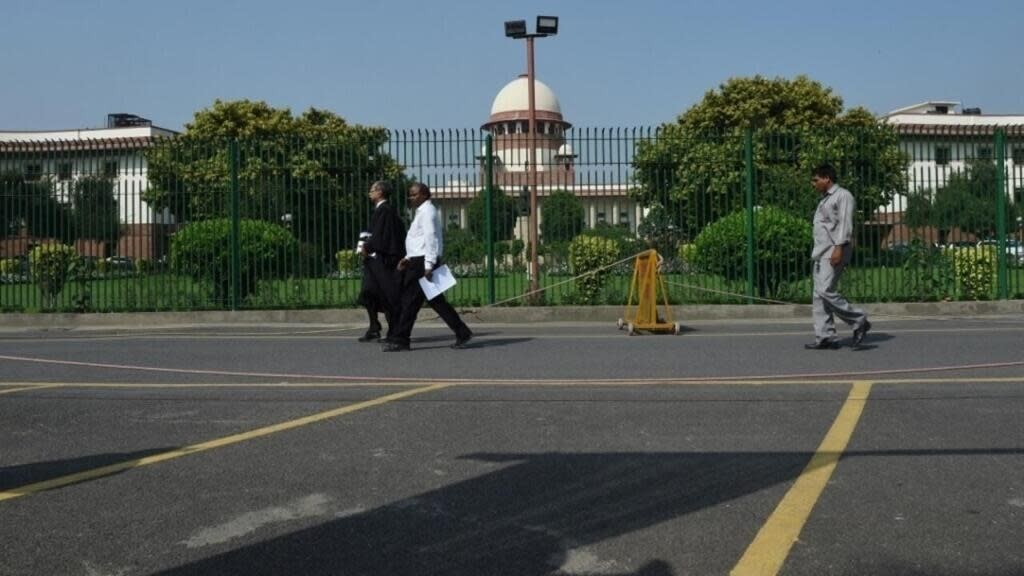India scraps colonial-era penal laws to ‘end the endless wait for justice’

India has replaced its British-era criminal laws with new codes which promise justice rather than punishment in the boldest legislative step by the government since it resumed office in June.
The new laws simplified online complaints, made video recording of crime scenes mandatory and promised stiffer laws to protect women in India which recorded 85 rapes a day in 2022, as per latest available data.
‘Made in India, by Indians’
“These laws are made by Indians, for Indians and by an Indian parliament and marks the end of colonial criminal justice laws,” Home Minister Amit Shah said.
The codes were voted into law in December, but rolled out on 1 July, nearly a month after Prime Minister Narendra Modi took office for a third straight term following April-May elections.
It was hailed as a momentous step to stamp out traces of British colonial rule in India which began in 1857, lasting 89 years.
They replaced the 164-year-old Indian Penal Code, the 152-year-old Indian Evidence Act and superseded the Code of Criminal Procedure of 1973.
Thorny law
The codes abolished the sedition law brought in by the British to derail India’s freedom drive and repealed the colonial-era edict on treason.
The 154-year-old sedition law remained in India’s statute books and used by successive regimes even after independence in 1947.
The new laws however, contain clauses to tackle acts seen as “endangering the sovereignty, unity and integrity of India.”
Read more on RFI English
Read also:
Modi re-elected as Indian prime minister after bitter election battle
Nearly a billion people to vote as India kicks off colossal elections
Indian politicians woo first-time voters as marathon elections resume


